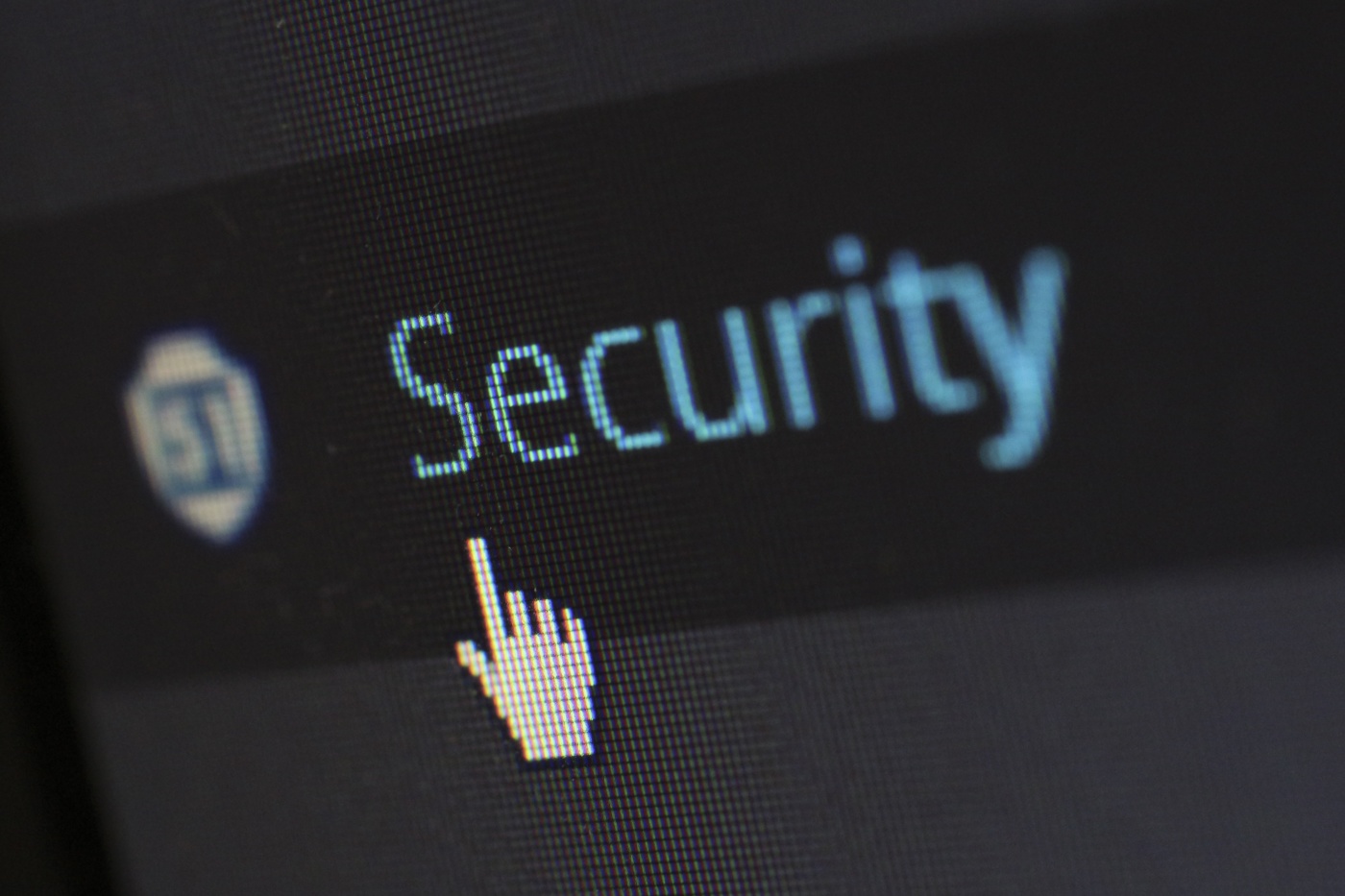With the drastic improvement in technology in the recent past, digitization has become an integral part of our day to day lives. This means that we can do almost everything using the internet, thus posing a great risk to private information.
Private information is meant to stay private unless it’s necessary to share it out. You do not want personal details falling into the wrong hands and end up being used for unlawful purposes. With that in mind, it’s important for you to take the initiative to learn how to protect internet privacy for yourself and your business.
Tips on How to Protect Internet Privacy for Yourself and Your Business
It’s important to note that an ADA website law suit can be filed against you if your website doesn’t comply with the laws put in place to protect access for people with disabilities. To avoid problems, learn how to protect internet privacy whenever you’re online and make sure your business (and its customers) are protected as well.
Use of Privacy Settings
Once you buy a computer/ laptop, phones, play stations, and any other electronic gadget, going through the privacy settings is key as you can choose which ones to use and the ones to discard. Using privacy settings will help you control access to your gadget, how much information you put out there as well as who views it.
If the security settings are not yet in place, please update them as a way to protect your online privacy.
Create Passwords
Whenever you create social accounts such as Facebook and Twitter, emails, and blogs, always to create strong and unique passwords that you can easily remember. This will ensure that no random person can access your accounts without permission.
The creation of passwords is among the best online security measures you can ever take.
Install Anti-virus Software
An anti-virus is mainly for protecting your devices from viruses spies, spam, and any other online threat. Once anti-virus software is installed, you will always get notifications whenever there’s a danger to private information.
There is both free and paid-for anti-virus software that you can install in your gadgets to protect yourself online. Therefore, make a plan and see which one suits you or your business better.
Limit How Much to Share
When sharing information or photos on social media platforms such as Facebook, Twitter, and Instagram, consider how much is too much to put out there. Putting too much true information on social media can make you a target for scam or even a crime.
If anyone asks you to share private information online, find out if they’re genuine and why they need it. Don’t ever share your details recklessly. Stay safe.
Always Log Out/ Sign Out
Every website, social media, and email account provides an option for you to log out/ sign out. These options are there to protect your privacy online. Whether using personal or public gadgets, always log out as this ensures private information security.
Protect Your Internet Privacy
While surfing the internet can be fun and educative, learning how to protect internet privacy for yourself and your business is necessary. With the tips above and many more that you can find online, make a step, and tighten online security.
Don’t forget to check out our page for more insightful content on how to protect yourself online, computers and technology in general.


